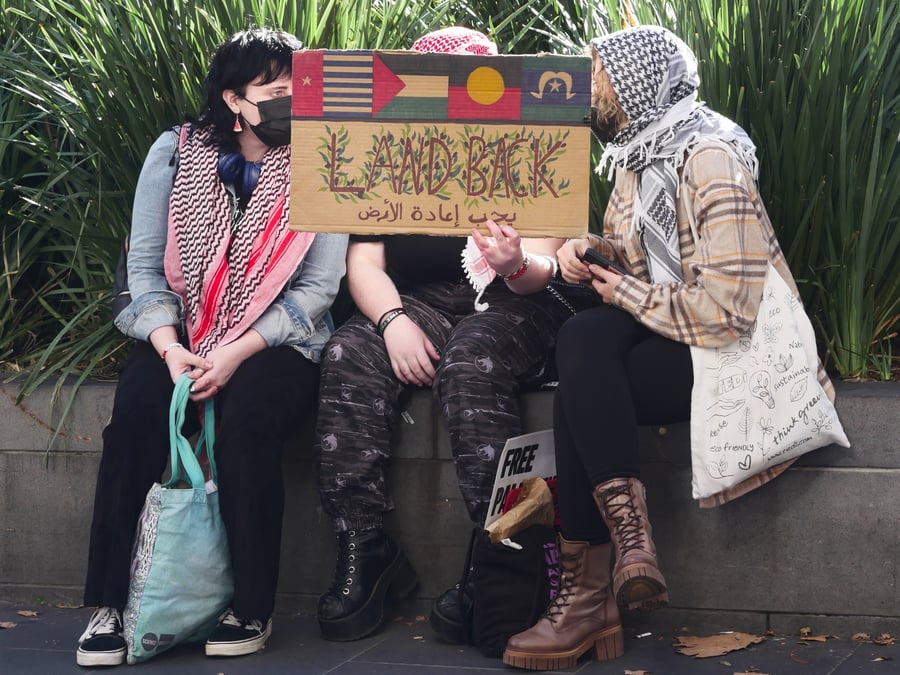
Months after a devastating doxxing incident, hundreds of Australian Jewish artists, writers, and academics are still grappling with its far-reaching consequences. The "Zio600" list, intended to isolate "Zionists," has left deep scars on a community once feeling secure in their adopted homeland.
The incident traces back to October 2023, following Hamas' attack on Israel. As global tensions rose, many Australian Jewish creatives found themselves caught in a storm of conflicting emotions and public scrutiny.
The community's sense of alienation deepened on October 9, when a show of support for Israel at the Sydney Opera House turned ugly. Pro-Palestinian marchers reportedly shouted anti-Semitic slogans, forcing Jews to disperse for safety.
In response to mounting tensions, Kofman created a WhatsApp group for Jewish creatives and academics on October 30. It quickly grew to 600 members, becoming a lifeline for many feeling isolated in their professional circles.
The group's first mission was to craft a public response to an open letter published in "Overland," a left-wing literary journal, which many felt downplayed the October 7 attacks. Lara Goodridge, a rock violinist, and Geoff Sirmai, a writer and PR professional, were among those who helped organize this effort.
However, on February 7, 2024, the private conversations of this WhatsApp group were leaked and widely shared online. The leak included a spreadsheet with names, job titles, and quotes from group members, along with about 100 photos.
Clementine Ford, a feminist writer with hundreds of thousands of followers, shared the leaked information, defending it as "just desserts" for those she claimed were planning to harm the careers of Israel critics.
The exposure was swift and severe, the fallout wide-ranging:
- Business Closures: A Jewish couple running a gift shop in Melbourne's northern suburbs has been forced to close their business due to an antisemitic boycott. Their shop was vandalized with "No Jews" messages, and they are now planning to leave the area, fearing for their family's safety.
- Lost Livelihoods: Many artists and musicians report significant income losses. One artist, who wished to remain anonymous, stated, "I used to have a show a week. I've done one show since October 7." She also mentioned that promised public funding for a major project suddenly became unavailable.
- Online Harassment: The same artist reported being "doxed at least five times a day" and receiving multiple aggressive messages daily, leading her to largely abandon her online presence.
- Targeting of Art Schools: An artist running an art school had her business website and social media pages attacked with inflammatory comments, even on pages promoting children's art classes.
- Professional Ostracism: Some individuals have lost long-standing professional relationships. One musician was dropped from a band he had played with for eight years, labeled a "racist" for his perceived Zionist stance.
The campaign against Jewish creatives is being led by a mix of Jewish anti-Zionist activists and other commentators, including Elsa Tuet-Rosenberg, Matt Chun, Zaineb Mazloum, and Clementine Ford.
Alana Kushnir, an arts lawyer and former board member at the Australian Centre for Contemporary Art (ACCA), highlighted that while targeting of artists who supported Israel wasn't new, it has surged since October 7. Kushnir herself resigned from ACCA in October when the organization refused to support her after she was attacked for posts supporting Israel.
The issue extends beyond the arts sector. Jewish MP Josh Burns has faced repeated attacks, with his office recently vandalized. Members of a WhatsApp group called Lawyers for Israel have also been exposed, with private messages published in major newspapers like The Age and Sydney Morning Herald. A Jewish couple received a chilling threat against their five-year-old child, including a photograph of the child and the message "I know where you live." Victoria Police are now pursuing a protection order for this family.
In response to these events, community leaders are speaking out. Alex Ryvchin, Co-CEO of the Executive Council of Australian Jewry, urged Jewish creatives not to be silenced, stating, "You have every right to speak, to organise and to act." David Ossip, President of the NSW Jewish Board of Deputies, emphasized that Jewish Australians are entitled to engage in public debate and have views on all issues, including foreign policy.
The Australian government has responded to the incident, with Attorney General Mark Dreyfus introducing legislation to ban doxxing. However, for many in the Jewish creative community, the damage is already done.
Many are now finding strength in reconnecting with their Jewish heritage and forging new connections within their community. But the sense of security they once felt in Australia has been profoundly shaken, leaving them to face a frightening new reality in a land they thought was far removed from the conflicts of their ancestral homeland.
* The Forward and The Jewish Independent contributed to this article.




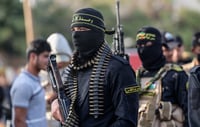
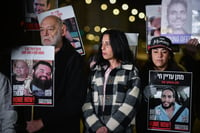
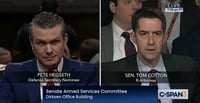
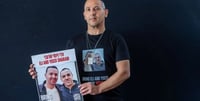
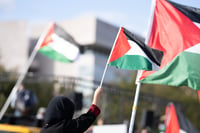
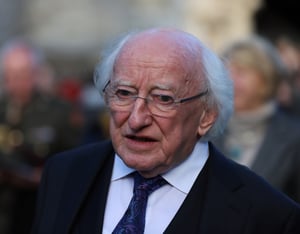
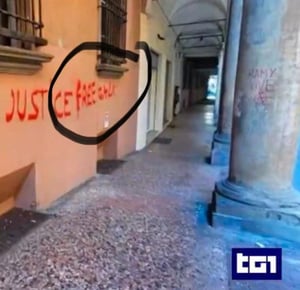
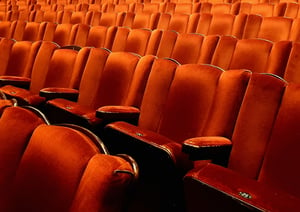
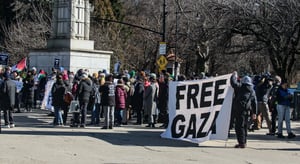
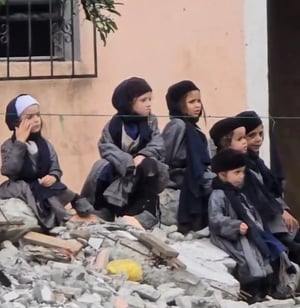
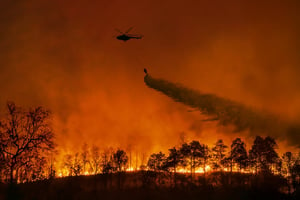
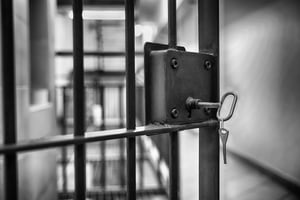
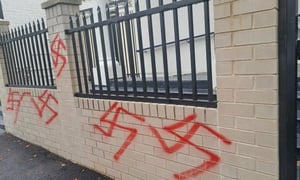

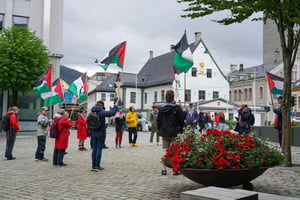
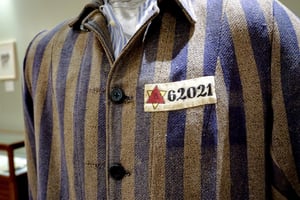
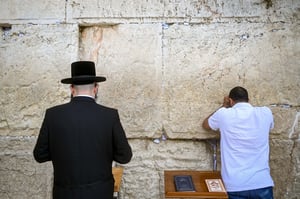
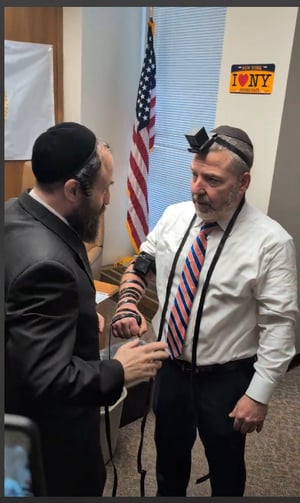
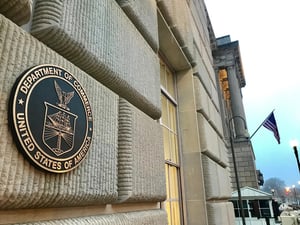
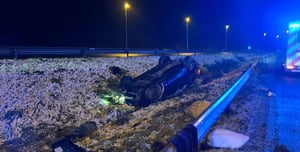
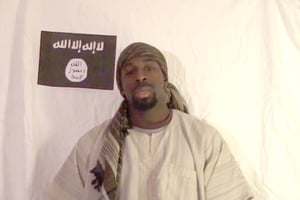
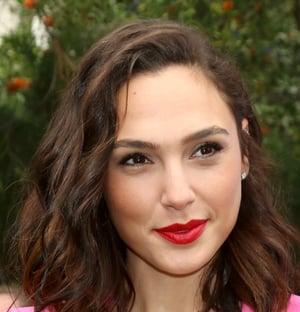
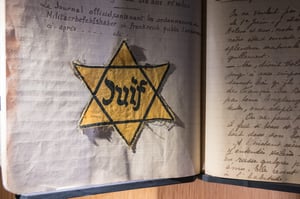
0 Comments